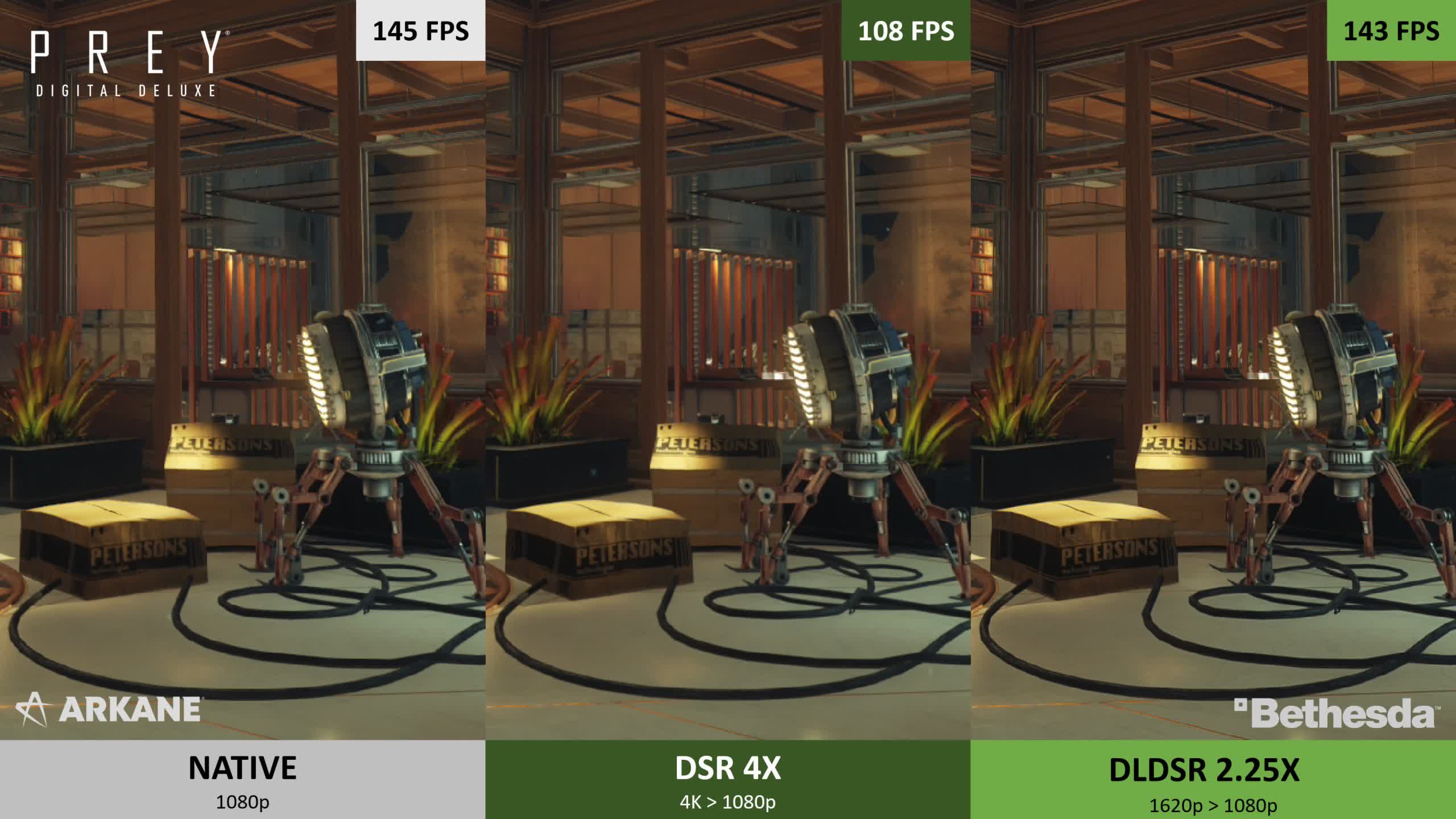Indonesia, the world’s fourth-most-populous country, has decided to ban social commerce – the practice of embedding e-commerce facilities in social media platforms.
The nation’s trade ministry on Tuesday published regulations that limit social media to promoting goods and services and barring them from accepting payments.
Trade minister Zulkifli Hasan argued the regulation is needed because small retailers and local e-commerce players in Indonesia struggle to compete with social commerce players – especially as the latter gather and analyze data that bricks and mortar retailers cannot. The minister also feels the measure will help Indonesia to ensure more businesses are properly licensed and appropriately taxed.
The regulation also aims to address concerns that social commerce promotes imports at the expense of local manufacturers.
That argument is potent, because one of the biggest social commerce players in Indonesia is TikTok – which rates the developing nation its top e-commerce market, and audience, outside China. TikTok argues that its social commerce offering represents an opportunity for local retailers to drive traffic through their doors, or spark sales online.
The regulation means social media operators will be able to continue offering payment and e-commerce services, but will have to run them as discrete operations. Retailers could conceivably therefore choose to promote their wares on a social network, and to use the same service provider’s e-commerce facilities – but those facilities would not be linked.
- Indonesia blocks Musk’s X.com over its X-rated past
- Indonesia accuses Google of abusing monopoly
- Asia rules the mobile world: more users, more often, generating more cash
- Indonesia sparks outrage by blocking PayPal, gaming sites, for compliance oversight
Indonesia is a sought-after market because of its size and its rapid digitization. Once a holdout for old-school Blackberry handsets – thanks to a user base that adored the Messenger service before the likes of Facebook Messenger and WhatsApp offered superior alternatives – Indonesia has since gone full smartphone and embraced social media.
The country has even grown its own web giant: GoTo Group, formed by the merger of Gojek and Tokopedia.
Tokopedia has tried to work with Warungs – Indonesia’s ubiquitous village stores – using them as delivery hubs. It works both ends of the deal by pitching itself as a supplier to the small retailers – using its integrated logistics services, which may as well deliver goods Warungs need while also shipping other customers’ parcels. The e-commerce outfit tried to create a platform that allowed Warungs to become e-tailers in their own right, but that effort sputtered as the small stores struggled to access the technology needed.
The regulation barring social commerce has been well received in Indonesia, where popular prime minister Joko Widodo has promoted it as an example of his determination to grow the small business sector and ensure the nation develops a strong digital ecosystem of its own. ®
Note: This article have been indexed to our site. We do not claim legitimacy, ownership or copyright of any of the content above. To see the article at original source Click Here












